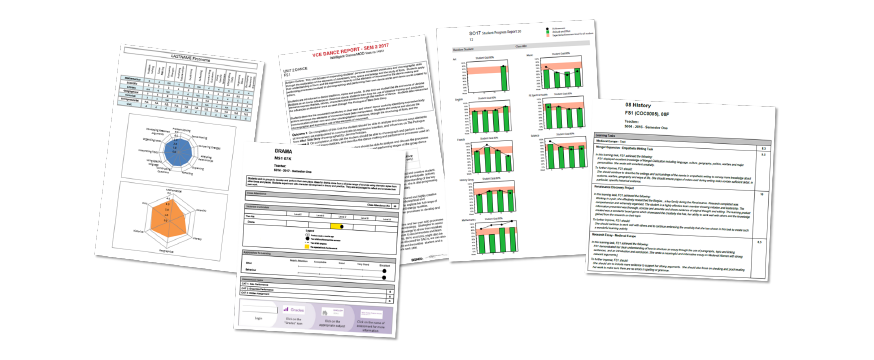Publication Date
7-2016
Subjects
African students, Monitoring (Assessment), Disadvantaged, Developing countries, Literacy education, Numeracy, Primary education, Student assessment, Comparative analysis, International programs
Abstract
In order to understand the major impediments to student learning in the region, UNICEF Eastern and Southern Africa Regional Office commissioned this study to map and compare existing assessments of literacy and numeracy in primary education in the region, to examine how the data can be used to characterise children who are experiencing only limited learning outcomes to inform education policy, and to document practices that could help improve learning outcomes of disadvantaged children. The report concludes with a macro theory of change combining assessment, analysis and action. The research was jointly supported by ACER's Centre for Global Education Monitoring.
Recommended Citation
Friedman, Tim; Schwantner, Ursula; Spink, Jeaniene; Tabata, Naoko; and Waters, Charlotte, (2016) "Improving Quality Education and Children’s Learning Outcomes and Effective Practices in the Eastern and Southern Africa Region : Main report". Nairobi, Kenya: UNICEF ESARO. http://research.acer.edu.au/monitoring_learning/25 Cassity, Elizabeth, (2016) "Improving Quality Education and Children’s Learning Outcomes and Effective Practices in the Eastern and Southern Africa Region : Zimbabwe : Country case study". Nairobi, Kenya: UNICEF ESARO. http://research.acer.edu.au/monitoring_learning/28/ Schwantner, Ursula, (2016) "Improving Quality Education and Children’s Learning Outcomes and Effective Practices in the Eastern and Southern Africa Region : Rwanda : Country case study" Nairobi, Kenya: UNICEF ESARO. http://research.acer.edu.au/monitoring_learning/27/
Copyright Statement
Copyright 2016 United Nations Children’s Fund (UNICEF)
Place of Publication
Nairobi Kenya
Publisher
UNICEF Eastern and Southern Africa Regional Office (ESARO)
Geographic Subject
Africa
Executive summary
UNICEF-ACER(2016)QualityofEducation-ESAR-Appendices(Singlepageview).pdf (1861 kB)
Appendices (which include a country-by-country profile)
UNICEF-ACER%282016%29QualityofEducation-Rwanda-CS.pdf (1333 kB)
Rwanda: Country case study
UNICEF-ACER%282016%29QualityofEducation-Zimbabwe-CS.pdf (975 kB)
Zimbabwe: Country case study
Included in
Educational Assessment, Evaluation, and Research Commons, International and Comparative Education Commons



Comments
Report for UNICEF ESARO
An Executive summary, Appendices (which include a country-by-country profile), and two country case studies for Rwanda & Zimbabwe are located in Additional files, see below.